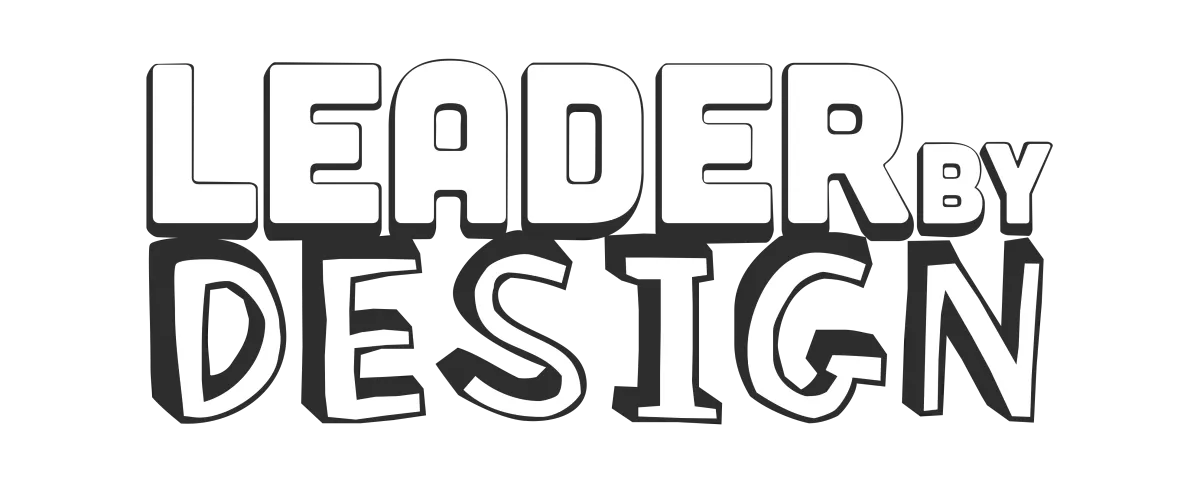
How Everyday Life Reveals Your Hidden Coaching Potential
Coaching might seem like a mystical skill reserved for a select few, but the truth is, it’s something we all practice more often than we realise. Whether you're a business owner, a parent, or someone who works closely with others, you're already engaging in coaching through your daily interactions. Once you realise this in your life, it can be a real eye-opener. You’ll see that coaching isn’t just about formal sessions or fancy titles; it’s actually woven into those everyday moments when you guide, support, and help others grow.
How I’ve Used Coaching in Everyday Life
Since 2021, my wife and I have been foster carers, and we’ve had the joy of caring for a three-year-old girl who had never worn shoes due to possible sensory issues. One of our goals was to help her get used to wearing shoes. We began by buying a pair and placing them where she could see them regularly.
We continued with small steps, like putting on the shoes while holding her. Eventually, we took her to the park and encouraged her to walk in her shoes. She was initially hesitant. And it was then that I had a moment of clarity. I realised I was too far from our little girl when she was trying to take her first steps in her shoes. She was standing there, overwhelmed by the distance between us—15 meters felt like an insurmountable challenge for her.
So, I moved closer and gently encouraged her to come to me. As she saw me within reach and heard my words, she stopped crying and took her first steps in her shoes. It was an incredible experience, showing that effective coaching is about being present. It is not just about setting goals and stepping back; coaching is about finding the right balance between giving someone the space to act independently and being close enough to offer support and encouragement.
The Stairs Analogy
Consider how you climb a set of stairs: you start at the bottom with the goal of reaching the top. This straightforward process is a great analogy for coaching. Whether you're dealing with a few steps or many, the objective remains the same—progressing step by step toward your goal.
In coaching, this analogy translates to understanding where someone currently stands, where they want to be in the future, and identifying the next steps to help them reach that goal. Just as you navigate stairs one step at a time, coaching involves guiding someone through incremental steps to help them improve and develop.
The essence of coaching lies in having a mindset focused on supporting others in their journey towards improvement. It’s not about formal titles or setting up a business; it’s about genuinely enjoying the process of helping others succeed.
Three Questions to Keep in Mind
When you're trying to support someone, start by getting a clear picture of where they are right now. Once you have a solid understanding of their challenges and goals, the next steps often become much clearer. Sometimes, the best move is to connect them with someone who’s faced a similar situation.
Other times, you and the person you're helping might decide together on the next step. If it doesn’t turn out as planned, don’t worry! It’s all part of the process. Reflect on what didn’t work, discuss what could be done differently, and adjust your approach as needed. This flexibility is a crucial part of effective coaching.
So, how can you apply this in your daily life or business? Whether you’re coaching friends, family, or colleagues, keep these three questions in mind:
What are they trying to achieve? Understanding their goals helps set a clear direction.
Where are they now? Assessing their current situation provides a starting point.
What’s the next step? Determine the most practical action to move them closer to their goal.
Coaching is Something We All Do Naturally
Coaching isn’t reserved for professional coaches; it’s something we all do naturally. Think about times you’ve guided someone in your personal life—maybe helping a child learn to read or supporting a friend through a tough time. You didn’t follow a strict plan; you just adapted as needed and supported their progress.
By embracing these coaching techniques, you can help others grow and succeed, whether at home or in the workplace. So, wear your coaching badge with pride and remember that the skills you’ve used in everyday situations are powerful tools for helping others reach their full potential.
What’s your takeaway from this blog? Share your thoughts with us!
You can also listen to the full podcast episode here: How Everyday Life Reveals Your Hidden Coaching Potential
If you're a business owner eager to master the art of one-on-one meetings and elevate your team’s performance, you can join our waitlist for the Master One-on-One Meetings Program.
Sign up now at leaderbydesign.au/waitlist and be among the first to get the inside scoop.

